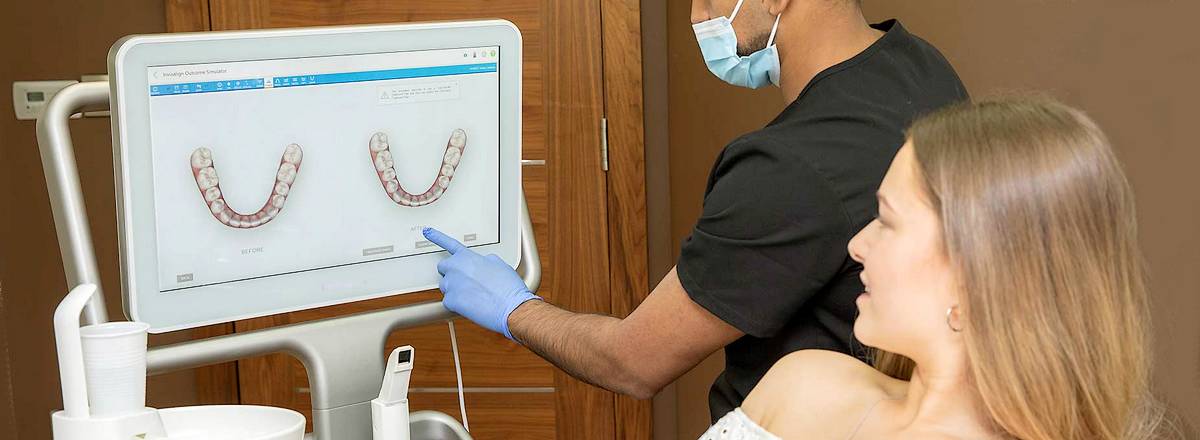Go back 50 years and orthodontic treatment was likely to be carried out by a general dentist, perhaps with an interest in the field. We do not wish to detract from their work but the development of orthodontics as a speciality was important.
Training in a broad sense was available in the 60s and 70s, although papers by sector leaders in the early 80s called for change. Orthodontics needed high level academic and clinical training, with research experience built in.
Programs were developed with leading universities to meet the requirement. Models varied to a degree, with the core approach being a two year MSc, including academic study, practical experience and time allocated for research.
Other options have developed, such as full time courses for registrars, doctorates are becoming available. The principle is however consistent, postgraduate, experienced dentists, focusing on a field which deserves this.
Continuous Improvement
Membership in Orthodontics from one of the Royal Colleges can sit alongside qualifying as an orthodontist. Curriculums have been enhanced by input from the British Orthodontic Society (BOS) and General Dental Council (GDC).
The BOS are a proactive organisation and have continued to take training forward, including a virtual learning environment. The GDC have long recognised the specialty and list qualified providers on their register.
An MSc is now the recognised qualification for orthodontics across the globe, which has improved standards of treatment. Whilst the training is valuable to dentists, the greatest beneficiaries are their patients.
Research elements of courses have also brought progress, the wide range of orthodontic options now available often began this way. We have moved from orthodontics being an under researched subject, to a dental leader.
Our Clinic’s Viewpoint
Braces can be supplied by a dentist but we believe that ensuring our patients see an experienced specialist matters. One who is qualified, dedicated to improving health and facial aesthetics for our patients.
Having an orthodontist in house also broadens our team, they can advise other practitioners, work alongside our restorative dentists. Their talents add to treatment carried out to meet a range of needs.
Much dental treatment is not an instant process, an orthodontists’s understanding of why steps are taken and future progress brings a useful perspective.
Having fine orthodontic treatment available is of course the prime wish, together with all round understanding of your needs. Part of our focus on long term dental health, which we know our patients prefer.

